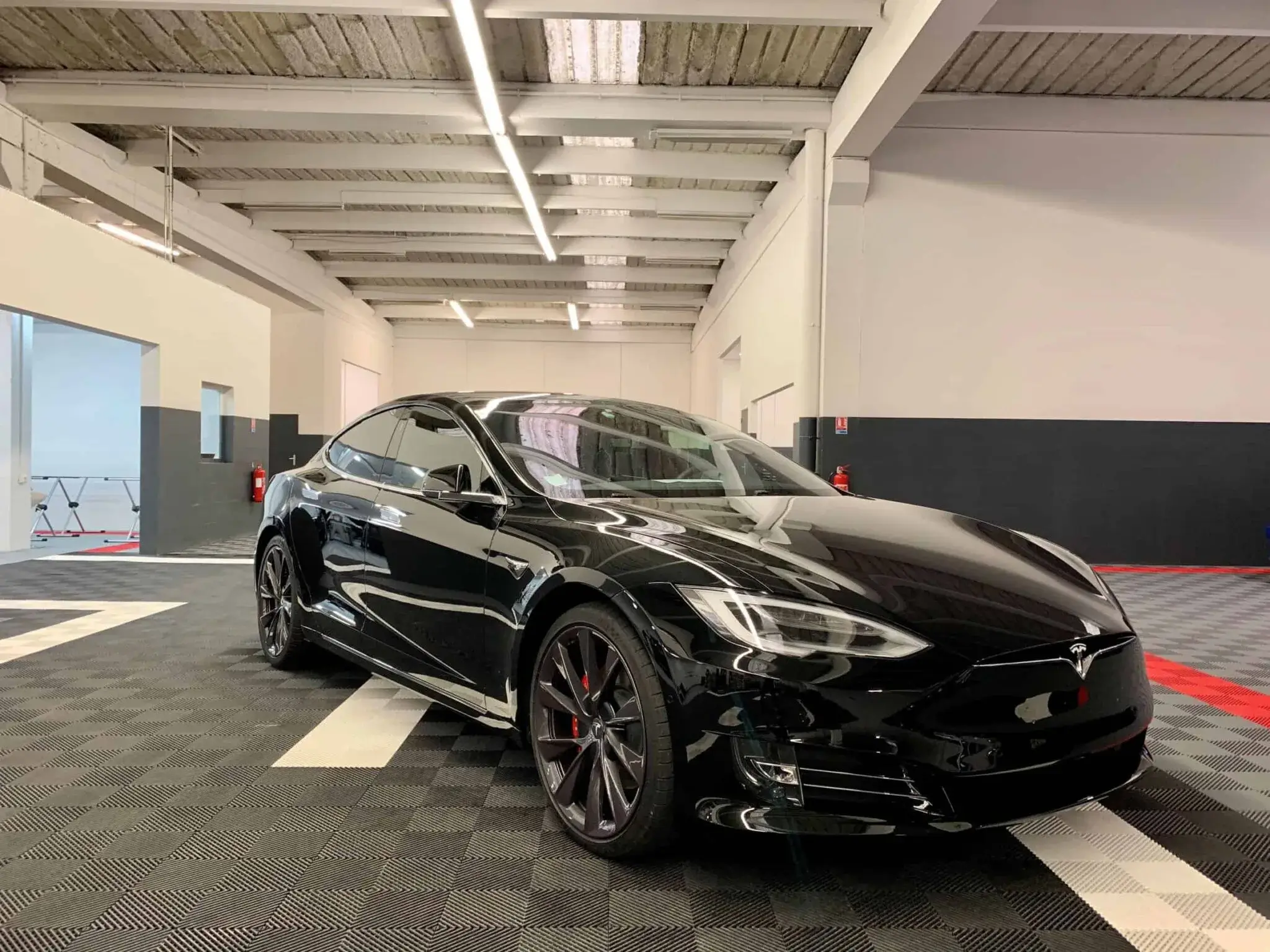Debunking Range Anxiety: Navigating the Realities and Myths of Electric Vehicles
The term ‘range anxiety’ often crops up in discussions about electric vehicles (EVs). It’s a phrase that seems to be a stumbling block for many considering the switch from petrol to electric. But how valid are these concerns, and how do they match up against the realities of EV ownership? Let’s dive deep into this contentious topic.
Understanding Range Anxiety
Range anxiety refers to the fear that an electric vehicle won’t have enough battery to reach its destination, potentially leaving the driver stranded. This fear is often held by those who have not yet experienced the daily realities of owning an EV. While it might seem like a reasonable concern at first glance, the facts tell a different story.
The Misleading Comparison
One of the main arguments used by those skeptical of EVs is the perceived inadequacy of their range compared to traditional gasoline vehicles. Interestingly, many of these critics already drive gasoline cars that, in some cases, offer less range than modern electric cars. So why the discrepancy in perceptions?
Firstly, the refueling infrastructure for gasoline vehicles is far more established. You can find a petrol station on nearly every corner, making it easy to refuel without much forethought. On the other hand, public charging stations for EVs are still gaining ground, though they are increasing rapidly.
Daily Usage and Convenience
For most people, daily driving doesn’t extend beyond the range capabilities of most EVs. The average daily mileage in the UK is about 20 miles, well within the limits of even the most modest electric vehicles. The convenience of home charging cannot be overstated, as it eliminates regular trips to the petrol station. Plugging in your EV overnight ensures you start each day with a ‘full tank’.
Long-Distance Travel: Planning Required
Planning a long-distance journey with an EV requires a different mindset. Apps and onboard navigation systems have made identifying charging stations easier, yet the process still requires forethought. Recent advancements in charging infrastructure have reduced the issue of range anxiety considerably. High-speed charging stations are becoming more common, shortening the time required for a recharge and thus making long road trips more feasible.
Experiences of Current EV Owners
According to many EV owners, range anxiety diminishes significantly once they grow accustomed to their vehicles. Regular EV users quickly adapt to a new routine of nightly home charging and strategically planning longer trips. Reviews from EV enthusiasts highlight that initial concerns about range often give way to a more relaxed driving experience.
One user mentioned, ‘When I first got my EV, I was worried about the range all the time. But after a few weeks, I adjusted and realised that for 90% of my driving, I had more than enough battery life. The occasional long trip requires some planning, but even that has become second nature now.’
Improving Infrastructure
The future is promising. Governments and private companies are investing heavily in charging infrastructure. The UK has seen a significant uptick in the number of public charging points, particularly fast chargers that can give an 80% charge in under 30 minutes. Initiatives like these are making EV ownership increasingly viable and appealing.
Conclusion: The Reality of Range Anxiety
Range anxiety is more a fear of the unknown than a day-to-day reality for most EV owners. As the charging infrastructure continues to improve and the technology behind EVs evolves, these fears are likely to diminish further. For those still on the fence about going electric, it might be worth taking that leap and experiencing firsthand the benefits and ease of EV ownership.
The transition from petrol to electric is not without its challenges, but with the right information and mindset, those challenges become manageable. It’s time to debunk the myths and embrace the future of driving.
